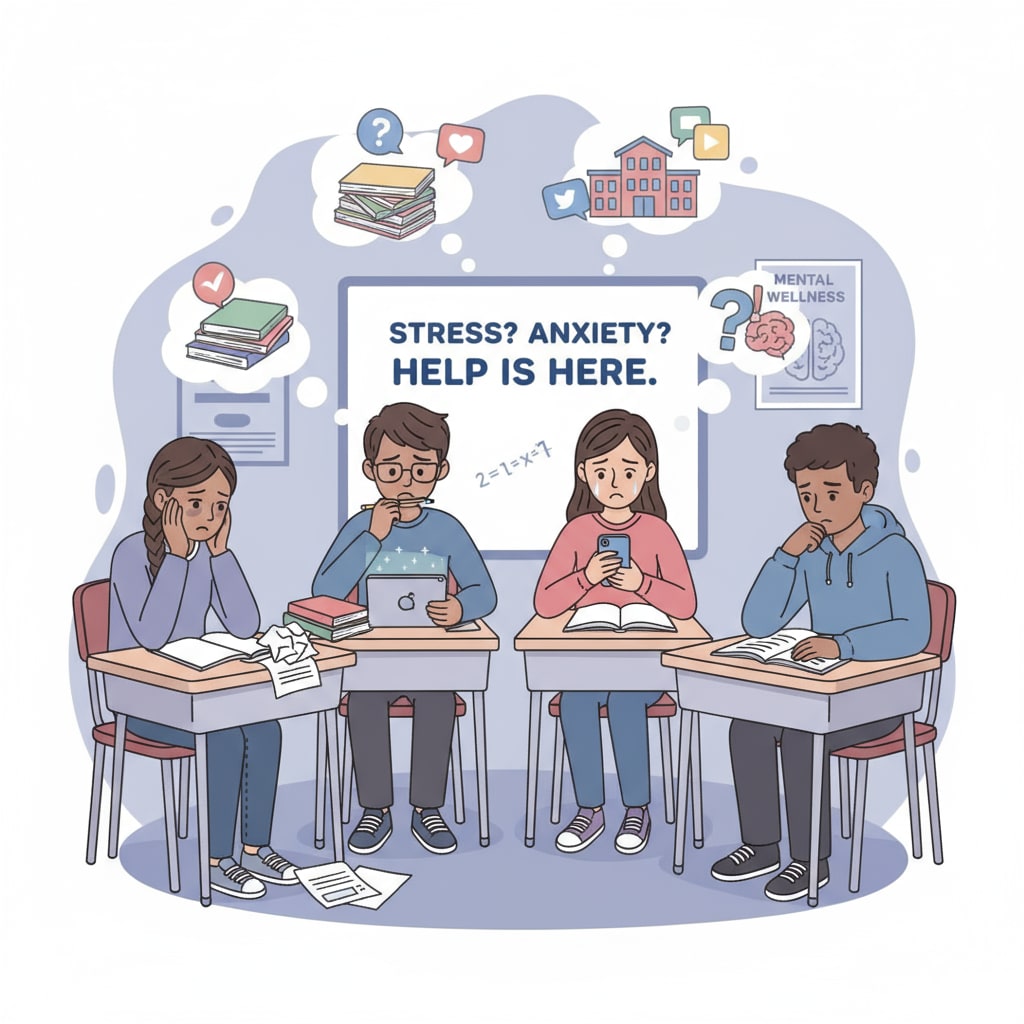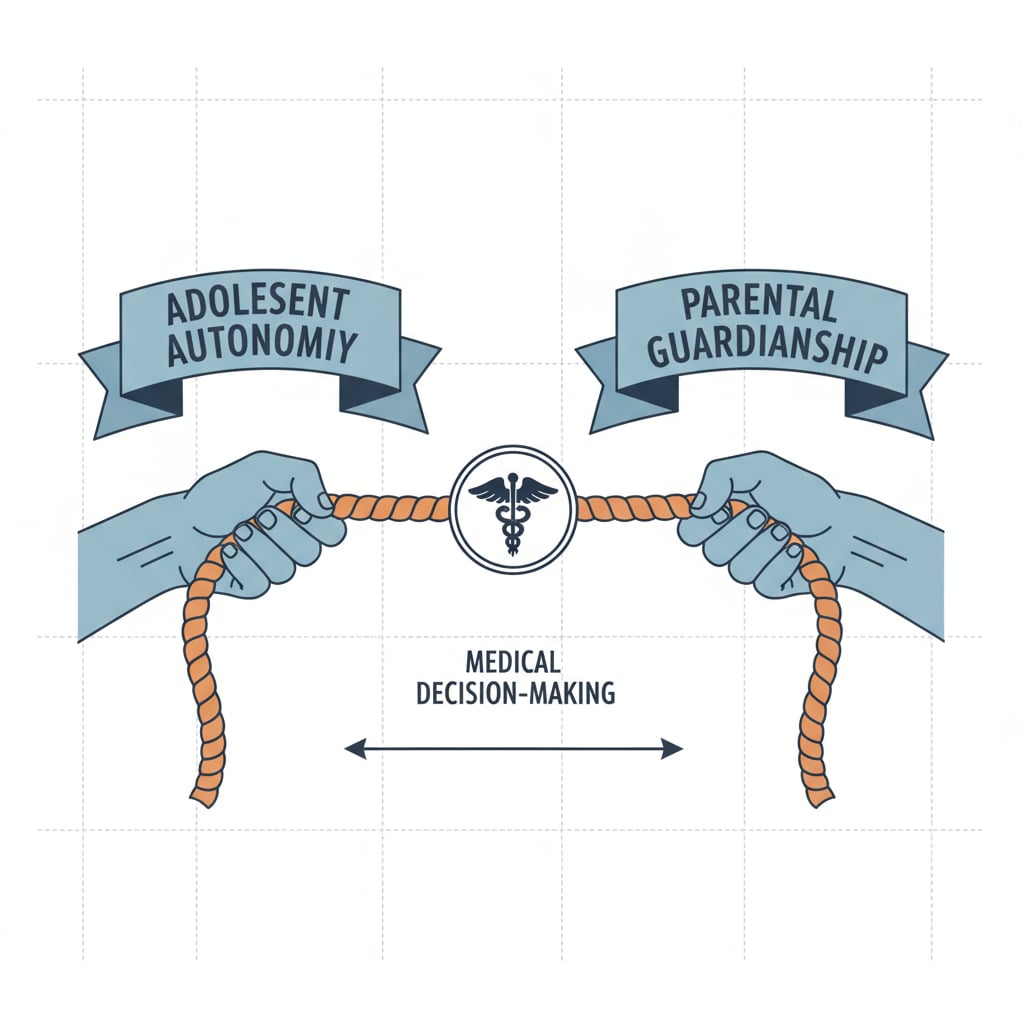Mental health, family conflicts, and medical autonomy are significant issues affecting adolescents in their pursuit of mental health services. In today’s society, the mental well-being of K12 students is a matter of great concern. However, many adolescents face difficulties when trying to access the help they need, and often, the family becomes an unexpected barrier.

The Family as a Barrier
Family is usually considered a source of support, but in the context of adolescent mental health, it can sometimes be a hindrance. For example, some parents may not recognize the signs of mental health issues in their children. They might dismiss symptoms like persistent sadness, withdrawal from social activities, or changes in sleep patterns as normal teenage behavior. As a result, adolescents who are in need of professional help are left without timely intervention. According to American Psychological Association’s research on child and adolescent mental health, a significant number of young people’s mental health problems are overlooked by their families.
The Tug of War between Medical Autonomy and Parental Guardianship
The concept of medical autonomy for adolescents is a complex one. On one hand, as they grow older, adolescents start to develop their own thoughts and understanding of their bodies and minds. They may want to seek mental health services independently. However, parents, as guardians, have the legal responsibility to make decisions regarding their children’s healthcare. This creates a conflict. In some cases, parents may oppose their children’s request for mental health treatment due to various reasons, such as stigma associated with mental illness or concerns about the side effects of treatment. This directly impacts the adolescents’ ability to access the care they need. As explained in Britannica’s entry on medical ethics, the balance between respecting an adolescent’s autonomy and parental rights is a delicate issue in the field of healthcare.

In addition, communication problems within the family can exacerbate the situation. Adolescents may be hesitant to open up to their parents about their mental health concerns due to fear of judgment or not being understood. This lack of communication further isolates them and makes it more difficult for them to get the support they need.
Readability guidance: The paragraphs above use short sentences and simple language to convey the key ideas. Transition words like “however”, “for example”, and “as a result” are used to make the flow more logical. Each H2 section presents a main point related to the overall topic of adolescent mental health, family conflicts, and medical autonomy.


